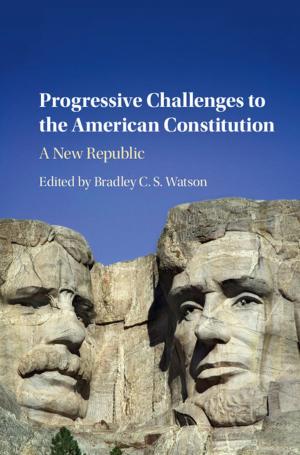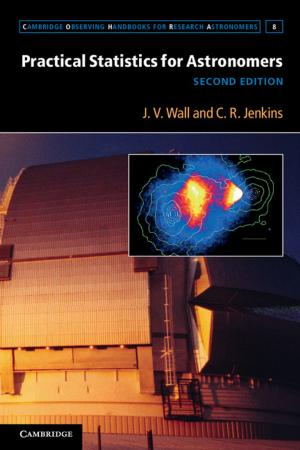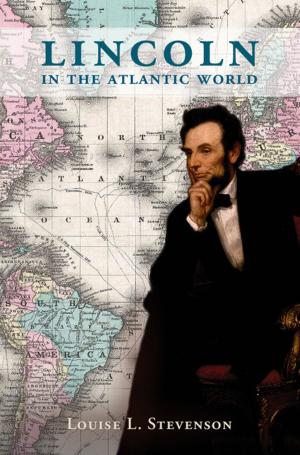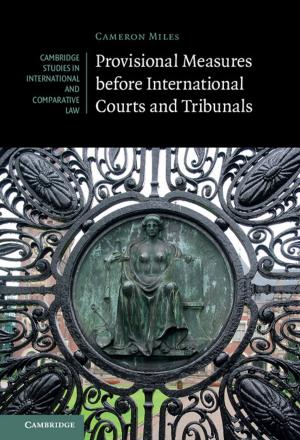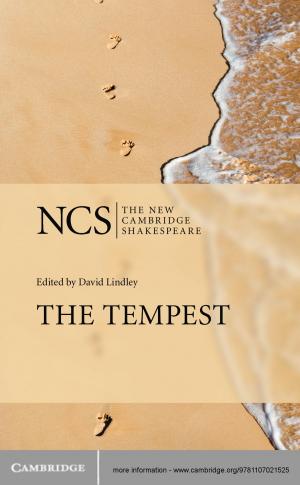The Cultural Geography of Early Modern Drama, 1620–1650
Fiction & Literature, Literary Theory & Criticism, British, Nonfiction, Entertainment, Performing Arts| Author: | Julie Sanders | ISBN: | 9781139088800 |
| Publisher: | Cambridge University Press | Publication: | May 26, 2011 |
| Imprint: | Cambridge University Press | Language: | English |
| Author: | Julie Sanders |
| ISBN: | 9781139088800 |
| Publisher: | Cambridge University Press |
| Publication: | May 26, 2011 |
| Imprint: | Cambridge University Press |
| Language: | English |
Literary geographies is an exciting new area of interdisciplinary research. Innovative and engaging, this book applies theories of landscape, space and place from the discipline of cultural geography within an early modern historical context. Different kinds of drama and performance are analysed: from commercial drama by key playwrights to household masques and entertainment performed by families and in semi-official contexts. Sanders provides a fresh look at works from the careers of Ben Jonson, John Milton and Richard Brome, paying attention to geographical spaces and habitats like forests, coastlines and arctic landscapes of ice and snow, as well as the more familiar locales of early modern country estates and city streets and spaces. Overall, the book encourages readers to think about geography as kinetic, embodied and physical, not least in its literary configurations, presenting a key contribution to early modern scholarship.
Literary geographies is an exciting new area of interdisciplinary research. Innovative and engaging, this book applies theories of landscape, space and place from the discipline of cultural geography within an early modern historical context. Different kinds of drama and performance are analysed: from commercial drama by key playwrights to household masques and entertainment performed by families and in semi-official contexts. Sanders provides a fresh look at works from the careers of Ben Jonson, John Milton and Richard Brome, paying attention to geographical spaces and habitats like forests, coastlines and arctic landscapes of ice and snow, as well as the more familiar locales of early modern country estates and city streets and spaces. Overall, the book encourages readers to think about geography as kinetic, embodied and physical, not least in its literary configurations, presenting a key contribution to early modern scholarship.

